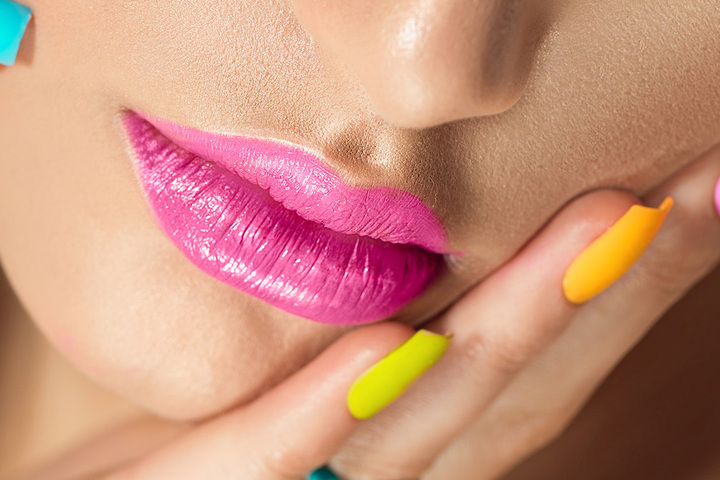Our European research facilities, and 30,040 scientists employed by our industry, delve into all imaginable aspects of beauty and well-being, from consumer behaviour, beauty aspiration, skin and hair biology, to new ingredients and technologies. This extensive research allows companies to create products that respond to ever-changing consumer expectations, while respecting human health and the environment.
Innovation in our industry is not short-term as it can take over 5 years to bring a new product to market. Nor is it static. Every year, 25% of all cosmetic products are either improved or completely new. Patent activity is a useful indicator for innovation and a large proportion of patents granted in the EU are cosmetics products, the record being 10% in 2009.
What may seem as a simple improvement might at times represent a major scientific breakthrough. A few examples of well-known, innovative breakthroughs in our industry in the last century include waterproof mascara, plaque and tooth decay preventing toothpastes, and targeted hair-care products for certain hair types and colours.
Though the world is more interconnected, paradoxically it is also more local and individualistic with consumers seeking products personal to them. For cosmetics, this means that products must be tailored to diverse individual factors such as age, gender, ethnicity, religious beliefs, geographies, climate, lifestyle, health and wellbeing.
The complexity of these needs and desires makes constant innovation an absolute prerequisite for the success of our industry.



